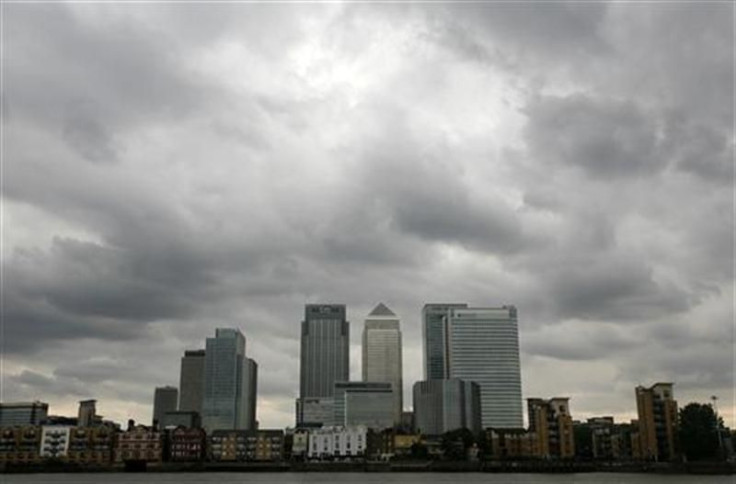UK Regulators Investigating Possible Rate Manipulation Of Foreign Exchange Benchmark

The Financial Conduct Authority, or FCA, a British financial regulator, is examining claims that traders from major banks manipulated a foreign exchange benchmark, the New York Times said Wednesday.
The benchmark in question is the WM/Reuters rate, which sets foreign exchange rates heavily relied upon by equity and bond traders.
The remarks from the regulator followed a Bloomberg News report that traders from some of the world’s biggest banks have manipulated the benchmark for at least a decade, according to five people familiar with the practice.
Traders reportedly manipulated rates by trading just before and within a crucial 1-minute window when benchmarks are set, according to Bloomberg. The rate affects the value of funds and financial derivatives and is key to the $4.7 trillion daily currency market.
An FCA spokesman told the New York Times that the foreign exchange market had already been a subject they were looking into, even before the Bloomberg report. The FCA is reportedly speaking to people who work in the foreign exchange market.
Bloomberg reports that the market is largely unregulated, with one longtime foreign exchange advisor describing it as “like the Wild West.”
The banks involved were not identified by Bloomberg’s sources.
In a separate rate-rigging scandal from last year, banks were fined by UK authorities after claims they had manipulated the London interbank offer rate, or Libor, also calculated by Thomson Reuters.
According to BBC, major banks will push for change to how the Libor is set, to avoid such manipulation, with changes effective July 1.
© Copyright IBTimes 2024. All rights reserved.












